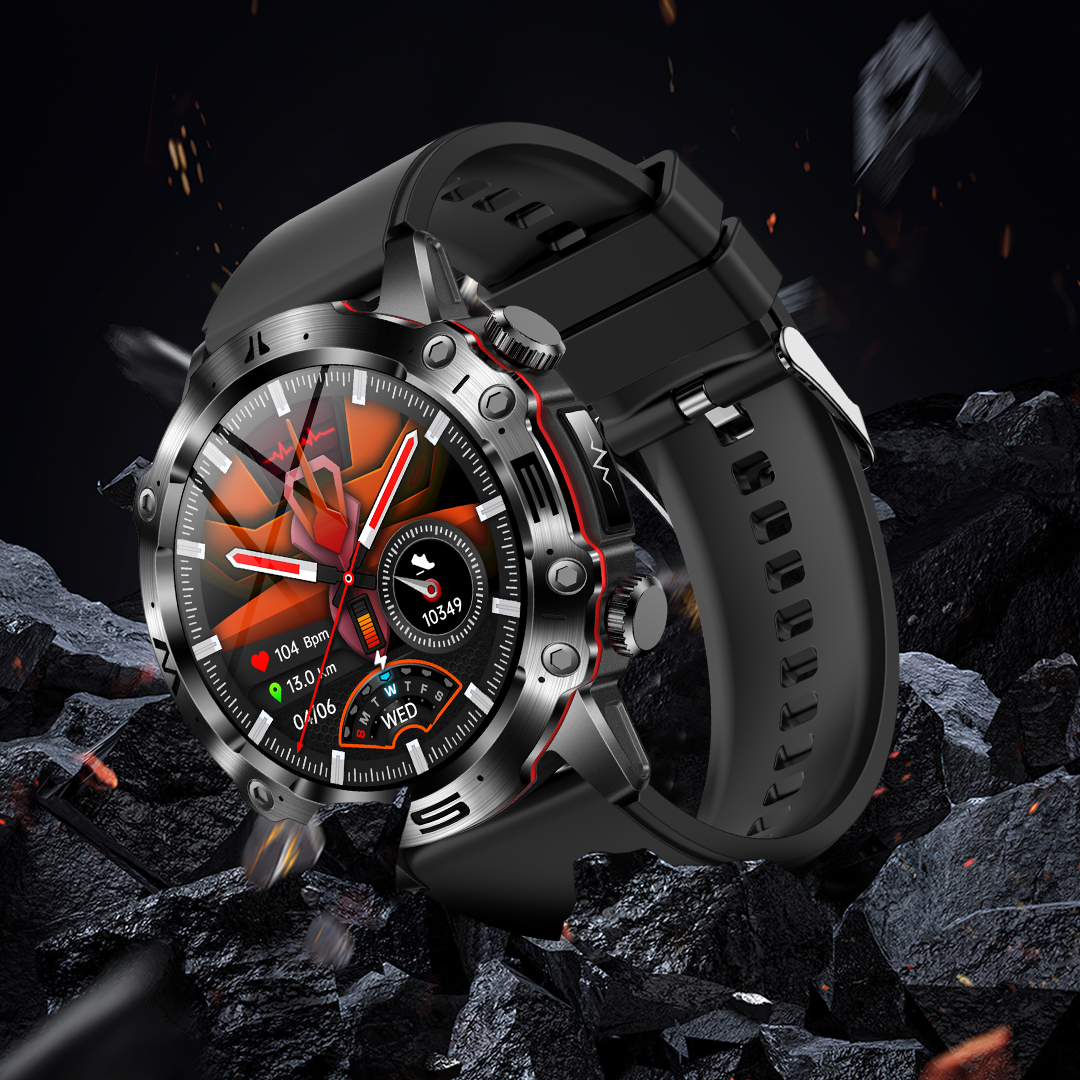The evolution of smartwatches has brought a remarkable revolution in personal healthcare and fitness tracking. Smartwatches equipped with advanced features like blood sugar monitoring, blood pressure tracking, electrocardiogram (ECG), sports modes, and sleep monitoring offer numerous advantages that make them indispensable gadgets for modern lifestyles.
Firstly, the ability to continuously monitor blood sugar levels in smartwatches is a significant breakthrough for diabetic patients. It allows them to keep track of their blood sugar levels in real-time, without the need for frequent blood tests. This real-time data can help patients make informed decisions about their diet, exercise, and medication, thus improving their overall blood sugar management.
Secondly, blood pressure tracking in smartwatches is another crucial feature for those concerned about hypertension or cardiovascular health. Regular monitoring of blood pressure can help identify potential health issues early on and enable timely intervention. Smartwatches provide convenient access to blood pressure data, enabling users to take proactive measures to improve their cardiovascular health.
Moreover, the integration of ECG capabilities in smartwatches has made cardiac health monitoring more accessible and convenient. ECG readings can help detect irregularities in heart rhythm, such as atrial fibrillation, which can be life-threatening if not detected and treated promptly. By having this feature readily available on a smartwatch, users can get peace of mind and seek medical attention if necessary.
In addition to healthcare features, smartwatches also excel in sports and fitness tracking. The availability of multiple sports modes allows users to choose the appropriate mode for their workout and track their performance metrics . This data can help users push themselves further, set new goals, and achieve better results in their fitness journey.
Lastly, sleep monitoring is another valuable feature of smartwatches. Sleep is essential for overall health and well-being, yet many people struggle with sleep issues. Smartwatches can track sleep patterns, including sleep duration, sleep cycles, and disturbances, providing users with insights into their sleep quality. This data can help users identify sleep issues and make necessary changes to improve their sleep habits.
In conclusion, smartwatches featuring blood sugar, blood pressure, ECG, sports modes, and sleep monitoring offer numerous advantages that make them invaluable tools for personal healthcare and fitness tracking. These features enable users to take proactive measures to improve their health, achieve better fitness results, and enjoy a better quality of life.

